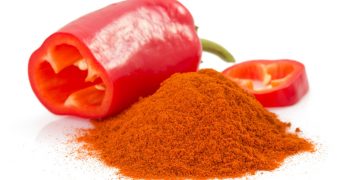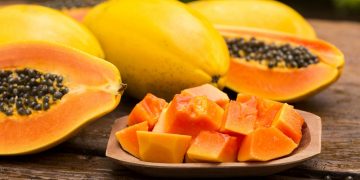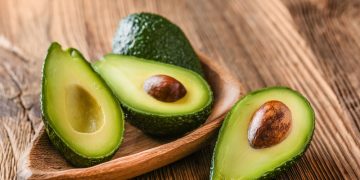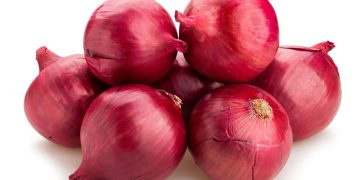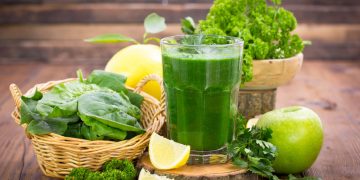Cutting down dairy products from your diet could mean you are losing out many nutrients. So replacing dairy products may not be as simple as excluding it from your grocery list. There may be many alternatives to milk products such as cheese, yogurt, etc.… These dairy-free products or alternatives may taste similar, but they do not carry identical nutrient contents.
Why go dairy free?
There are many reasons as to why a person might want to go dairy free. Some are just too tired of the cruelty going on in the dairy industry, some people want to quit it for health reasons, and there is another category who are just intolerant towards milk products.
Are Dairy free products the best alternative?
No, although the “free from dairy” market is rapidly increasing every single year, they are not the best alternatives you should be looking for. Because they may look and taste the same, and satisfy your taste buds on the short run, but they are so different from the nutrition standpoint and are not the best the best alternative.
We feed our babies with goat’s milk or cow’s milk which are a direct alternative to human breast milk because they pack the same nutritional value. And not just that, mammalian milk is a rich source of vitamins and minerals which are very vital for baby’s growth. With more studies going into dairy products and probiotics we are increasingly aware of the importance of dairy products such as cheese, yogurt, butter, etc.. and how they improve and strengthen your digestive system with friendly microbes and bacterias. Same is not that case for dairy-free cheese or milk or other products. So you need to acquire them from other sources.
So whatever may be the reason for you to go dairy free, here are some essential nutrients which you need to source from other food items to balance your diet healthily.
Calcium
It is common knowledge that calcium is essential for healthy and strong bones, but calcium also regulates muscle contractions, this includes heartbeat. So calcium is directly responsible for strengthening our heart.
Some of the best sources of calcium include
- Greens, broccoli, sprouts, okra
- Cabbage, watercress, kale
- Cauliflower, beans, nuts, seeds
- Spring onions, spinach, edamame beans
Vitamin-B12
Vitamin B-12 is very vital for producing red blood cells; it also does the job of bringing out energy from the food we eat. It strengthens our nervous system, and it also has a strong link towards brain’s health. Many studies reveal that our body gradually loses its capacity to absorb Vitamin-B12. Considering its importance to our health, we need to source it in one form or the other.
Sources: liver, meat, and fish for non-vegans
For vegans, marmite, fortified foods, nutritional yeast foods (check the label before buying).
Iodine
Iodine is the essential nutrient for the healthy thyroid gland, but too much Iodine intake can lead to hypothyroidism or overactive thyroid. NHS recommends about 0.14mg of iodine intake per day for an adult, and this can be from different sources.
Iodine sources include sea vegetables, seaweeds, white fish (haddock), eggs, meat, and poultry. Vegans can source it through iodized and fortified salts used for cooking.
Vitamin A (Retinol)
Many of us know that Vitamin A is needed to maintain healthy eyes. Additionally, It also helps with strengthening the immune system and maintaining healthy skin, and this is the reason why carrots are both good for the eyes and skin.
Rich non-vegetarian sources of Vitamin A include eggs, oily fish, and liver. Though vitamin-A rich foods are good for you, Doctors do not recommend Vitamin A sourced from non-vegetarian sources for regular consumption; it should only be taken once a week. Because they contain very high levels of retinol (Vitamin-A), taking them on a daily basis can lead to overdose. The recommended dose of Retinol is only 1.5mg per day. A recent study reveals that consuming high levels of Vitamin-A than what is needed by the body over a period can negatively influence the bone’s health and make it weak.
Vegetarians can source Vitamin-A through orange colored vegetables like carrots, sweet potatoes, squash, etc. Vegetable sources do not contain retinol in raw form. Instead, they contain beta-carotene which our body later converts it to Vitamin A. Just keep in mind that Retinol is fat soluble, so it needs oil in your diet for the body to absorb it.
Vitamin B2 (Riboflavin)
Riboflavin is a vital nutrient for your eyes, healthy skin, proper functioning of nervous system, and for releasing energy from the food you eat.
Non-vegetarian sources of Riboflavin includes eggs, kidneys, liver, and meat. But sourcing this vitamin from animal organs should be restricted to once or twice a week.
Vegetarian sources include mushrooms, whole grains, spinach, and greens. Some fortified foods do have Vitamin-B2 as well so please check the food label.
Phosphorus
Just like calcium phosphorus is an essential nutrient for your bones and bone growth. Deficiency of phosphorus can trigger many bone related problems. Apart from regulating bone’s health, it is also vital for dental health, and it helps in releasing energy from the food we eat.
Vegetarian sources include bread, oats, and brown rice.
Non-vegetarian sources include Meat, fish, and poultry.
Fat
Though fat is considered as something bad for our health, we need fat for our well being, and it is quite essential. Additionally, it is required in order to absorb the fat-soluble vitamins such as Vitamin A, D, and E.
Fat is rich in cooking oils (all the types), salad dressing, avocados, seeds, nuts, meat, etc.
Protein
I guess we all know the importance of protein, it is considered as the building block of our body. We need protein for tissue growth and repair.
Protein sources includes meat, eggs, fish, chicken, etc.. Vegetarian sources includes legumes, pulses, lentils, and nuts.



